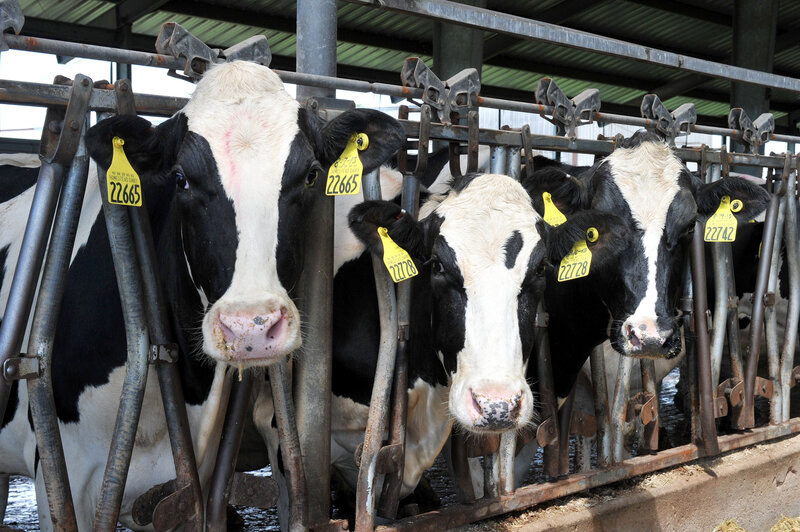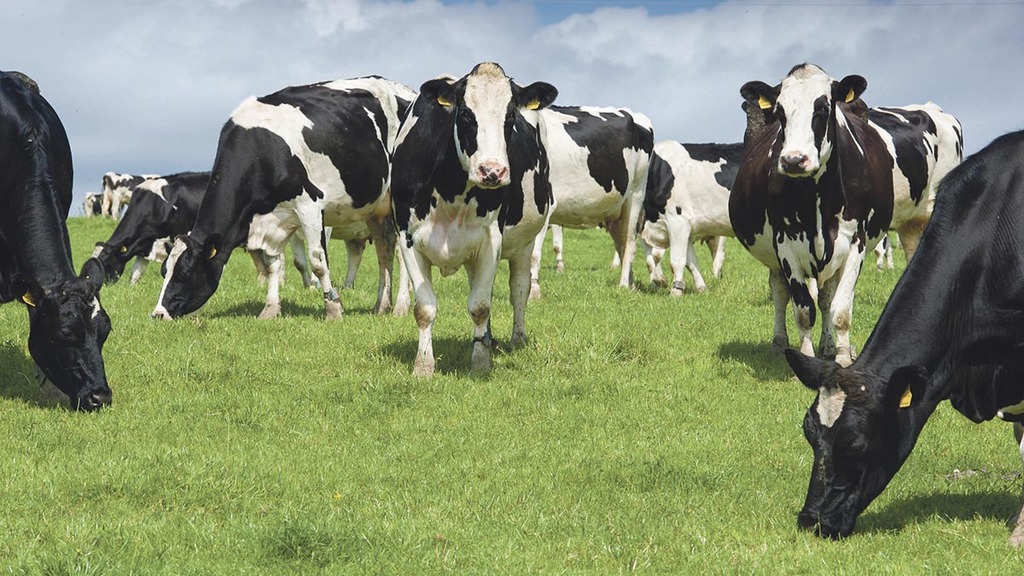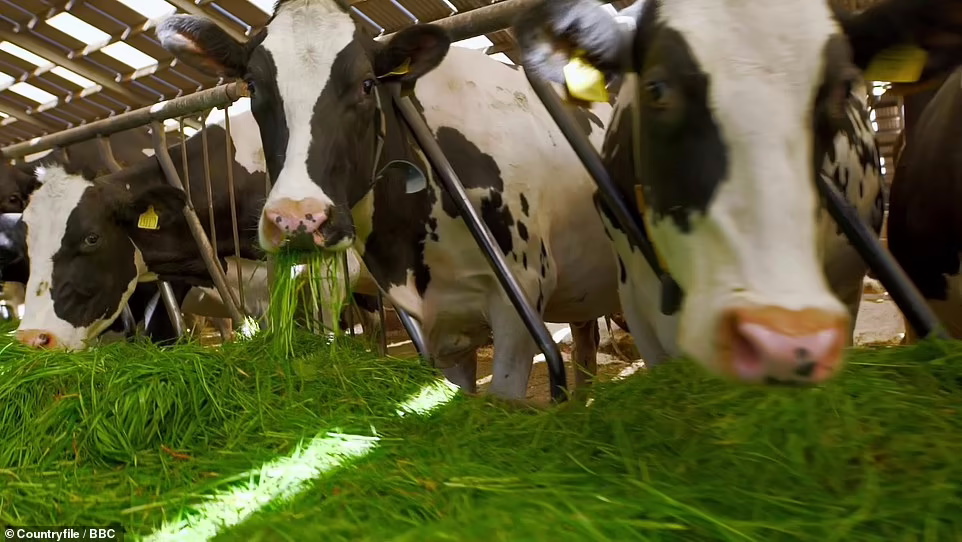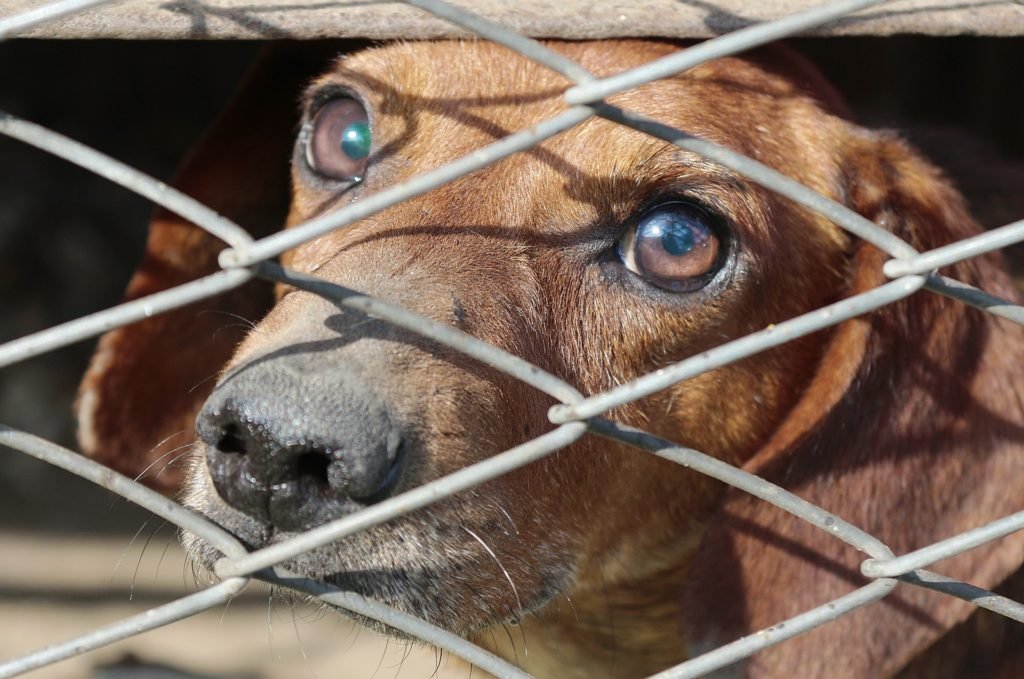There was outrage from many watchers of the BBC television Countryfile programme recently (June 2021), when Matt Baker the presenter visited a farm that used the zero grazing system for its dairy cows. Although most people have never heard of it, the practice of zero grazing has been gradually creeping into the UK farming industry under the fence so to speak over the last few decades. At the moment only 5% of UK farms use it but it is becoming more popular, and it is widely used across the world particularly in poorer regions like Africa. So, what is it and is it just battery farming of cows?
Cows are kept continuously indoors 24/7
UK farmers have used the system since the 1980’s and involves keeping predominately dairy cows indoors 24 hours a day all year round and bringing freshly cut grass to them twice a day to feed on. Most are never allowed to graze or enjoy the outside. The term refers to the feeding practice rather than the housing system. The fact that many people were shocked indicates how little we care how our food is produced as long as it is cheap and readily available.
It is becoming more popular because herd sizes and forage prices are increasing and some farmers are finding they do not have the space to allow them to graze so are turning to keeping them permanently confined instead. Although more labour intensive having to grow and cut fresh grass twice a day farmers find it less expensive and more productive.

Zero grazing detrimental to cows welfare.
The benefits are that the cows only use their energy to feed and by feeding ‘clean fresh’ grass it has been proven to drive up milk production. Apparently research has shown cows do not like eating dung tainted grass and who can blame them. Also, they are protected from the vagaries and extremes of weather and it is a cleaner environment for milk production and managing calves. But it is difficult not to see the parallels with battery and continuously confined poultry and other animals.
Various studies have indicated that cows with the freedom to graze outdoors have lower levels of lameness, hoof disease, hock lesions, mastitis, uterine diseases and deaths compared with those continuously kept confined. Their mental health is also obviously better when they are able to show natural behaviours by being outside and they are less aggressive. One review of the welfare of dairy cows kept continuously confined compared to those allowed to graze concluded that there are considerable benefits from allowing cows access to grazing and that continuous confinement compromises their health and welfare.

Although only a small minority of farms use the method at present it is something to keep a vigilant eye on if we are not to slip into a scenario of battery farming dairy cattle. We already have intensive farming of beef cattle known as Concentrated Animal Feeding Operations (CAFO’s) gradually infiltrating the UK farming industry in counties like Kent, Suffolk and Norfolk Cattle. The animals are kept outside in unregulated American style grassless stockades to be fattened up in herds of thousands never to relax on pastureland.
Misplaced concern over farming methods.
There is plenty of evidence that we are heading for an era when all ruminants will be intensively reared to keep up with the demand from supermarkets and rising populations. Recently there has been concern and opposition by animal welfare groups, UK farmers and by Parliament concerning the UK’s post Brexit trade agreements to import Australian and other foreign meat and dairy products. This is based rightly on perceived substandard animal welfare and cruel farming methods and undercutting UK farmers. But perhaps we should we be looking closer to home at our own farming practices before criticising others. More effort by more of us to change to non dairy alternatives would also help reduce this move to more intensive dairy farming to meet increasing demands.

